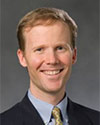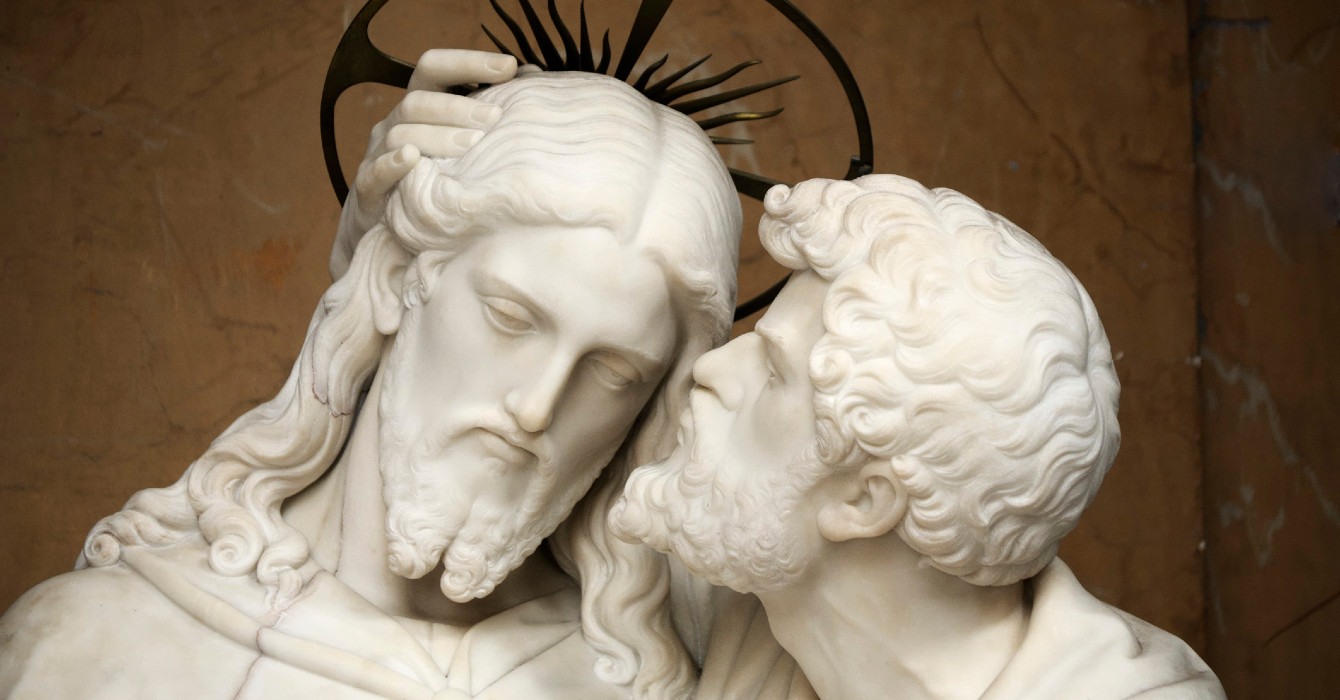I tell myself that I don’t like to be busy. During demanding stretches of clinical practice and teaching, when colleagues ask me how I am doing, I reply, “Too busy!” and receive, in response, sympathetic and knowing encouragement. When I am fighting multiple deadlines, or waking from one too many nights of inadequate sleep, or lamenting how little I’m able to exercise or pray or simply visit with friends, I dream of the day when I will be less busy.
Actions, though, speak louder than words. The truth, if I am honest, is that I do like to be busy.
In a world that respects production, being busy is a sign that I am productive. In a world in which economic value is a function of demand, being busy is a sign that I am in demand, and therefore valuable. In a world where important people are busy, being busy is a sign that I am important.
Conveniently, being busy also allows me to avoid the burdens of quiet and solitude. If I am busy, I need not face myself or my fears. If I am busy, I can pursue my chosen vocation without ever asking what I am called to do. And even if I do ask, I will not have the time to listen for an answer.
Busyness has become a sort of virtue for modern leaders. We admire leaders who can “multitask” and hold together multiple and competing priorities -- leading and living (maybe even parenting!) all at the same time.
There is a glimmer of Christian truth in this notion of “busyness as virtue.” Christians are indeed called to be busy -- but not in the way that busy Christian leaders might want to believe. For the Christian way to be busy, it turns out, is not busyness but rather business.
The English word “busy” traces its roots to the Old English word bisig, meaning “careful or anxious.” To be busy with someone or something is to care for that person or thing. It is this root that also gives rise to our modern English “business,” which in previous centuries described both the practice of caring and the object of caring, the focus of one’s attention and concern.
This latter sense of “business” is evident in the King James Version’s rendering of the boy Jesus’ reply to his parents in the temple: “I must be about my Father’s business” (Luke 2:49). It is also evident in Charles Dickens’ “A Christmas Carol,” when the ghost of Jacob Marley famously rebukes Ebenezer Scrooge. Quite apart from the countinghouse, Marley tells Scrooge, “mankind was my business. The common welfare was my business; charity, mercy, forbearance, and benevolence, were, all, my business. The dealings of my trade were but a drop of water in the comprehensive ocean of my business!”
Business in this sense is indeed a Christian good, a fulfillment of the call to care for the needy and oppressed, to steward the earth and its resources, to work out our salvation with fear and trembling. Business in this sense is not necessarily linked to institution building, profit making or fundraising --though all of these may be essential to carrying out that call.
But if “business,” understood as concern for God’s ways and faithful care for God’s creatures, is a Christian good, then clearly “busyness” -- the state of being busy -- is not. Busyness is business eviscerated; it is activity with all the trappings of business but none of its content. It is a sham virtue.
When I am busy, I am indeed filled with care for many things. But care for many things is not, in itself, a Christian good. It all depends on for whom and for what -- and why and how -- I care.
If my activity seeks to prove my worth to myself and to others, or to ward off a deeper spiritual hollowness, then it is busyness, a front for idolatry. But if my activity is marked by the sustaining life of the Spirit, if it seeks to honor God and the dignity of God’s creatures, then it is the business of the kingdom of God.
It all depends. Either way, Spirit-breathed activity may look different from what passes for being busy in our day. Jesus may not have looked busy as he walked up the mountain to pray. But with every step, he was busy, filling the time with the work of prayer. Though alone, he was in many ways just as busy as when he was surrounded by huge crowds, healing the sick and feeding the 5,000 at Galilee (Matthew 14:13-23).
In all of this, though, I am encouraged by the example of friends who have successfully navigated the boundary between busyness and business. David Kasali, for example, is a New Testament scholar who left the presidency of an evangelical seminary in Nairobi, Kenya, to return with his wife to his native Democratic Republic of Congo to found the Bilingual Christian University of the Congo. Against many obstacles, in a region that lacks dependable government or business infrastructure or even reliable electricity, the university is empowering Congolese leaders and local communities to rebuild a country scarred by economic exploitation and civil war.
Dr. Kasali is a man of many cares. But I have heard him speak movingly of a time when, as president of the Nairobi Evangelical Graduate School of Theology, he became exhausted and took a year to rest and recover. That year, he said, was marked by long and uninterrupted nights of sleep, by quiet walks alone for prayer and reflection, by unhurried time spent with his wife and young family. Describing the tranquil pace of that year, which enabled him to return to Nairobi and eventually do the work required to found the Bilingual Christian University, he said, “It was very, very busy.”
Indeed, it was. But only someone who is busy with his Father’s business, and whose vocation is indeed a call, could say something like that.















